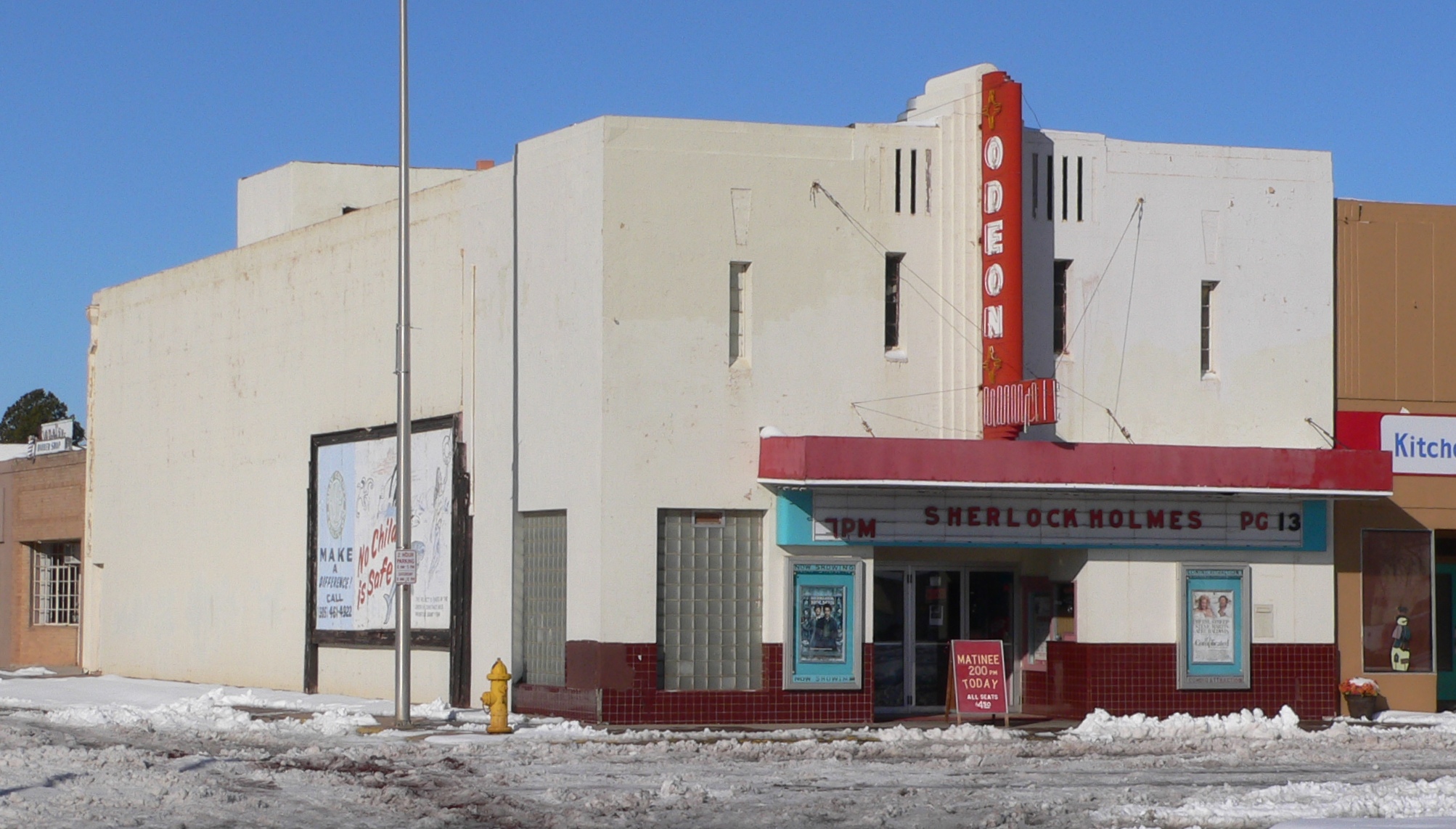By Finance New Mexico and William Fulginiti, Executive Director of the New Mexico Municipal League
The City of Tucumcari generates $110,000 each year for economic development projects from a local tax on gross receipts, and the community gets lots of mileage from it.
In 2015, the city collaborated with the Greater Tucumcari Economic Development Corporation to invest locally generated tax revenue in four private projects through a process allowed by the Local Economic Development Act (LEDA).
Tucumcari Mountain Cheese Factory received $141,830 in local LEDA funds to improve wastewater treatment for its expanded facility in return for a pledge to create 15 new jobs. Buena Vista Labs secured $70,000 to enlarge its eyeglass lens manufacturing facility and retail outlet. Rugged Inc. founder Adam Nichols received $50,000 to establish a corporation to manufacture his invention — a high-power survival flashlight. And Las Vegas, N.M., naturopath Dale Harapat needed only $10,000 to extend his medical practice to Tucumcari.
How LEDA Works
LEDA allows local governments to invest public money in private business ventures that benefit the community in specific ways, such as job creation. The New Mexico Municipal League helped lead the effort to get LEDA enacted in 1994, because the 106-city member association saw the benefits of empowering municipalities to participate in public-private partnerships that strengthened local economies.
Before LEDA, governments couldn’t devote public funds to privately sponsored economic development initiatives. LEDA changed that by letting municipalities pass a local ordinance that let them earmark proceeds from the 1/8 percent local-option gross receipts tax to publicly beneficial infrastructure projects.
LEDA’s most recent iteration augments such local efforts using money appropriated by the state Legislature and managed by the Economic Development Department. These state funds use the same mechanism and process: The state consigns money for an approved project to a local government body that acts as the fiscal agent.
Tucumcari received two state allocations last year, according to Patrick Vanderpool, executive director of the Greater Tucumcari Economic Development Corporation, which evaluates and processes requests for LEDA-funded projects. The cheese factory received $200,000 toward physical expansion of its plant, and the Odeon Theater obtained $50,000 to replace its roof.
Since 2002, 83 New Mexico communities have approved ordinances to allow LEDA funding for economic development projects.
Putting LEDA to Work
Wherever LEDA funds originate, they are investments in the community. If the business defaults on its commitment within 10 years, it repays the money. If it delivers as promised, it is released from all further obligations.
LEDA funds are considered gap financing, Vanderpool said, “and are not to be looked at as the sole source of funding. It’s primarily used to get a project over the hump.”
To find out if a project qualifies for LEDA funding, contact your local municipality or economic development organization. Contact information can be found under the Municipal Index at www.GrowItNM.org.
Communities and municipalities interested in passing a LEDA ordinance should contact The New Mexico Municipal League at (800) 432-2036.
Download 464_LEDA Program Boosts Local Economic Development PDF

